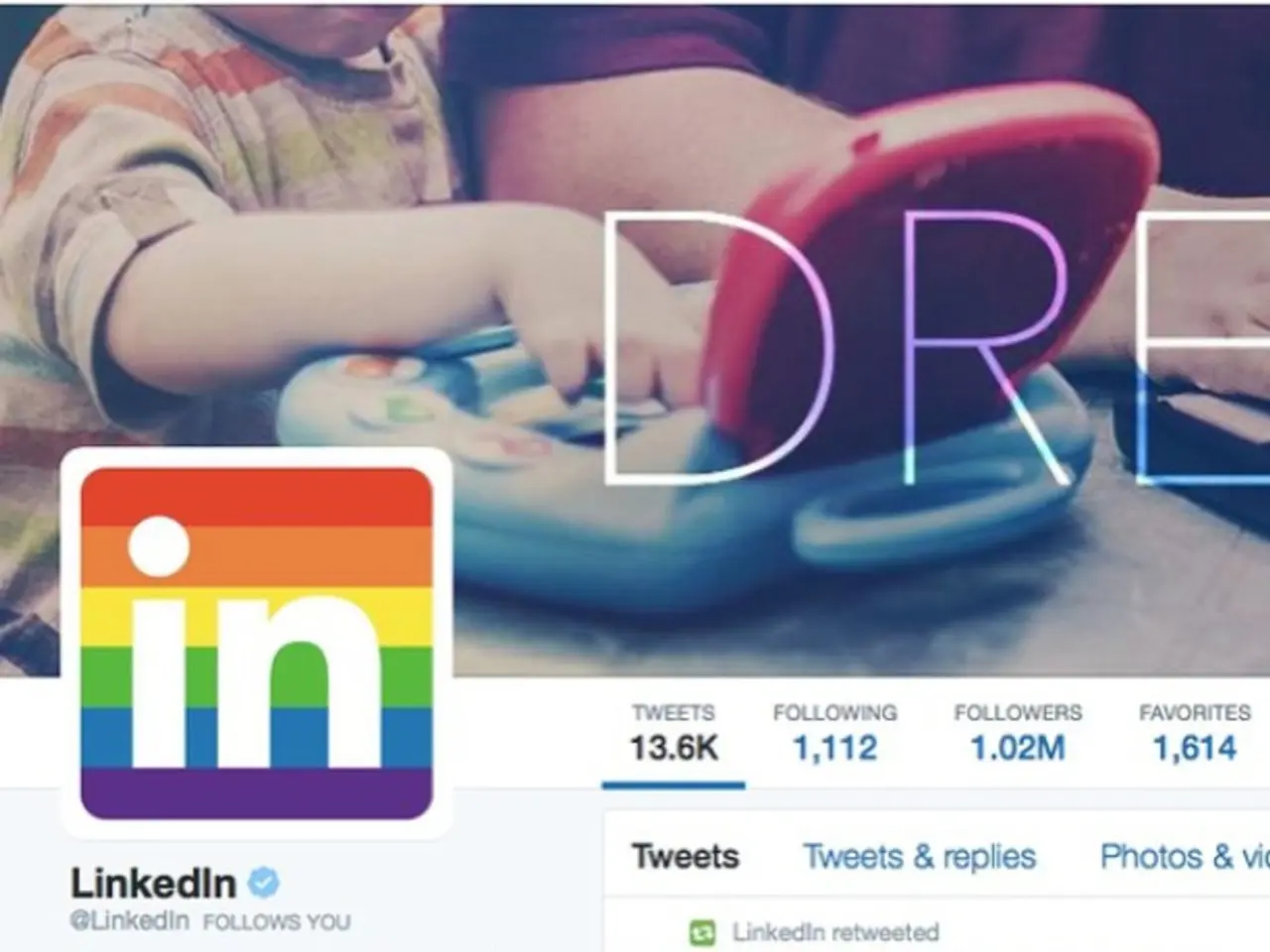Hiring: Adherence to Regulations and Boundaries Enforced
In the ever-evolving business landscape, the competition for skilled professionals is intensifying, with industries like construction expressing particular concerns over the shortage of qualified workers. According to Birgit Kaiser, head of the Kaiser bakery in Ehrenkirchen, this trend is becoming increasingly prevalent.
However, it's crucial to remember that the recruitment of personnel must adhere to legal restrictions to avoid unfair competition. Compliance with competition law, employment law, data protection regulations, and evolving EU initiatives form the cornerstone of best practices.
Non-compete agreements and restrictions play a significant role in maintaining business continuity. In Germany, such clauses in employment contracts must be reasonable in scope, duration (typically up to 12-24 months), geographic reach, and require compensation during the restriction period to be enforceable.
Protection of trade secrets and confidential business information is another critical aspect. Employees are legally bound not to disclose such information during and after their employment. Recruitment practices must avoid soliciting key personnel with the intent or effect of unlawfully transferring trade secrets or proprietary information, which would constitute unfair competition.
Compliance with competition law is equally important. Recruiting competitors’ employees must not involve illegal inducement, such as systematically poaching teams with coordinated intent to disrupt business or sharing sensitive information that harms a competitor’s market position. Collective agreements or coordinated recruitment actions among competitors that restrict competition are prohibited.
Transparent and fair hiring procedures are key to avoiding claims of unfair competition. Companies should document recruitment efforts, use accessible hiring procedures, and avoid collusion with competitors regarding hiring strategies. This aligns with broader EU initiatives on fairness and transparency in business practices.
Data protection (GDPR) also plays a pivotal role during the recruitment process. The collection and processing of candidate data must comply with strict GDPR requirements, especially for background checks and eligibility verification, ensuring confidentiality and lawful handling of personal data.
For non-EU applicants, ensuring compliance with visa and work permit requirements under schemes like the EU Blue Card is necessary to avoid legal issues in recruiting international talent.
In serious cases, such as the disclosure of sensitive information, the former employer may be able to enforce a preliminary employment ban for the affected employee during the notice period.
Good employee retention significantly reduces the likelihood of turnover, as loyalty arises where appreciation and co-determination are perceptible in everyday life. Contractual safeguards can be put in place, such as post-employment non-compete clauses, but they must be carefully drafted and meet strict legal requirements. The compensation during the restraint period for a post-employment non-compete clause must be at least 50 percent of the last received remuneration.
It's important to note that the recruitment of entire teams or key personnel is considered impermissible under the Act against Unfair Competition (UWG). Consulting with specialized legal counsel when hiring key personnel or entire teams, particularly from competitors, is strongly advised to manage legal risk and reputational impact effectively.
In conclusion, navigating the competitive landscape requires a deep understanding of the legal restrictions on recruitment. By adhering to best practices, companies can maintain a competitive edge while upholding fairness and transparency in their hiring processes.
The need for municipalities to finance recruitment practices that follow legal restrictions to avoid unfair competition is vital in the evolving business landscape. Adherence to competition law, employment law, data protection regulations, and EU initiatives ensures compliance with fair practices and minimizes legal risks.
In the process of recruiting key personnel or entire teams, consulting with legal counsel is strongly recommended to manage legal risks and maintain a competitive edge while aligning with fairness and transparency requirements.




